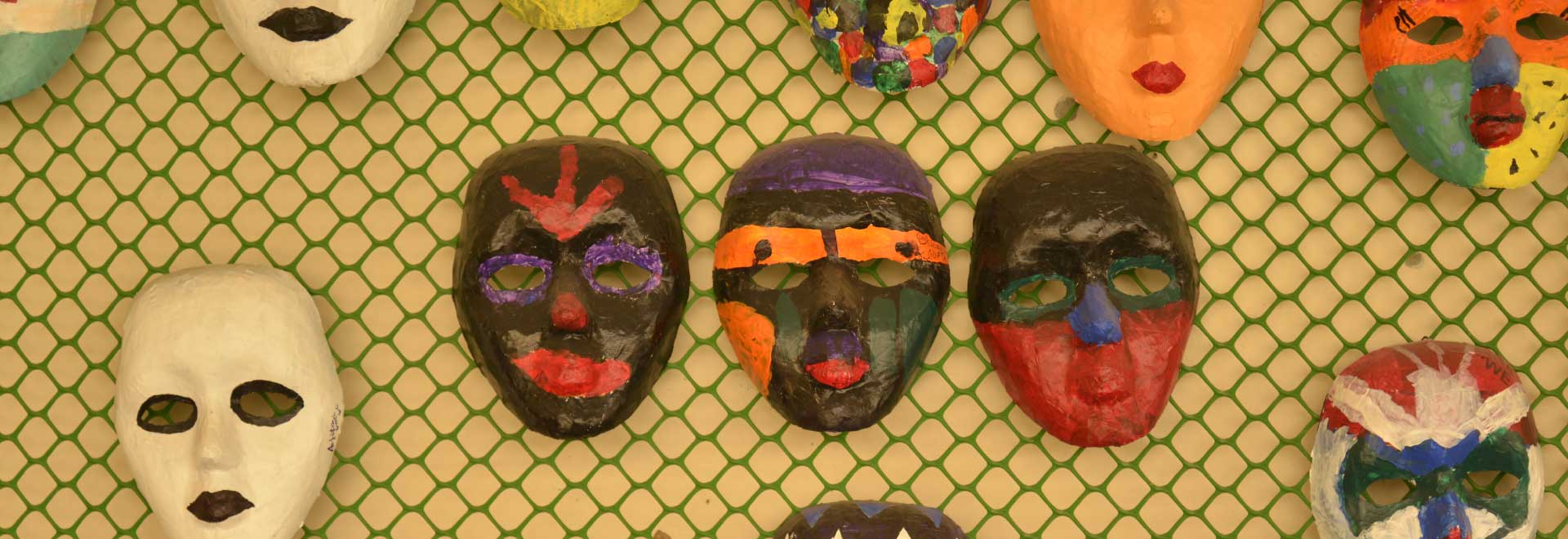Get In Touch
To talk to a counselor or schedule a personalized school tour, please complete the form below. We look forward to hearing from you.

Our Community
- Home
- Our Community
- Blog
Our Community
Pathways School Noida
Blog
Back-
Embracing Diversity and Global Understanding: The Significance of Cultural Competency in the IB CurriculumApril 10
A core mission of the International Baccalaureate (IB) program is to develop future global citizens who are internationally minded, culturally aware, and engaged with real-world issues. To achieve this, the IB curriculum emphasizes building students’ cultural competency through diverse learning experiences that foster open-mindedness, empathy, and global engagement.
What is Cultural Competency?
Cultural competency refers to the skills, attitudes, and knowledge needed to appreciate, respect, and interact positively with people from diverse cultures. Key aspects of cultural competency include the following:
Cultural Awareness
- Understanding one’s own culture and background and how it shapes perspectives
- Appreciating similarities and differences across cultures
- Recognizing diversity within cultural groups
Open-Mindedness
- Examining own assumptions and biases
- Displaying curiosity about other cultures without judgment
- Considering diverse viewpoints and perspectives
Effective Communication
- Using appropriate verbal and nonverbal communication across cultures
- Communicating despite language barriers and cultural differences
Global Engagement
- Participating in cross-cultural learning experiences
- Seeking out diverse voices and viewpoints
- Applying global mindset to real-world issues
Why Cultural Competency Matters in Education
With rising cultural, ethnic, and linguistic diversity, cultural competency is an essential skill for 21st century students. Key reasons it is emphasized in IB education include:
Preparing Global Citizens
- Students need intercultural skills to collaborate meaningfully with diverse peers and future colleagues.
- Fostering students with a global perspective who see themselves as citizens of the world.
Promoting International Mindedness
- Students should grasp their place in the world and impact on humanity.
- Understanding cultural context leads to open-mindedness about global issues.
Fostering Inclusion and Equity
- Valuing diversity within school community creates welcoming, inclusive environments.
- Considering varied perspectives ensures representation and reduces bias.
Broadening Worldview
- Engaging with other cultures expands students’ horizons and inspires passion.
- Students gain fuller understanding of history, politics, and human experience.
How Cultural Competency is Developed in IB Classrooms
The IB approach develops cultural competency in a holistic way across all grades and subjects:
Diverse Curriculum Content
- Literature, music, and art from varied cultural sources.
- Historical and current events from multiple global perspectives.
- Science and math content situated in real-world global contexts.
Reflective Class Discussions
- Considering cultural assumptions, values, and biases reflected in texts.
- Comparing global policies, practices, and social norms.
- Engaging in debates on real-world issues from diverse cultural perspectives.
Collaborative Group Work
- Cross-cultural group projects and discussions.
- Perspective-taking as students hear diverse viewpoints.
- Learning conflict resolution and consensus-building.
Interactive Learning Experiences
- Simulations, case studies, and role playing to understand experiences of other cultures.
- Field trips, cultural exchanges, and homestays.
- Engaging with cultural practices like food, music, and traditions.
Student-Driven Inquiry
- Investigating issues affecting local and global communities.
- Researching countries, cultures, and global issues students are curious about.
- Completing immersive Personal Projects that focus on cultural exploration.
Reflective and Creative Expression
- Poetry, art, drama, and multimedia works that express cultural experiences.
- Reflective writing about growth in cultural awareness.
- Metacognitive analysis of intercultural learning process.
Outcomes of Developing Cultural Competency in IB Students
Building cultural competency across the IB experience helps students become:
Socially Aware Citizens
- More aware of diverse perspectives and social inequities around the world.
- Committed to making ethical and principled choices that benefit humanity.
Flexible Communicators
- Able to communicate, collaborate, and resolve conflicts across cultures.
- Open-minded when considering unfamiliar worldviews and values.
Informed Critical Thinkers
- Think analytically about global issues from multiple cultural lenses.
- Critically assess information and media for cultural bias.
Passionate Change-Makers
- Make connections between global issues and local actions.
- Driven to solve real-world problems collaboratively and ethically.
Lifelong Learners
- Pursue new cultural experiences and diverse perspectives continuously.
- Become self-directed learners enriched by cultural exploration.
Final words
The emphasis of the IB curriculum on cultivating cultural competency instils humanizing attributes such as open-mindedness, empathy, and principled action, which students will draw upon to collaborate, lead, and thrive in our interconnected world. This commitment to cross-cultural education transforms students into socially aware global citizens who appreciate and celebrate diversity.
By engaging with diverse perspectives and building cross-cultural communication skills, IB students develop greater adaptability, resilience, and leadership capabilities needed for cooperation and progress on a global scale. The IB curriculum nurtures culturally responsive youth who grasp the interdependence of nations and are driven to use their talents ethically to create a more just, peaceful world.
With strengths in cultural competency, IB students can overcome prejudice, bridge divides, and elevate underrepresented voices to become compassionate change-makers working toward the betterment of humanity. This multifaceted, experiential cultural learning is what makes IB graduates lifelong learners enriched by diverse ideas and equipped to thrive in modern society.

Drop us your details for a quick response!








Copyright 2026 © Pathways School Noida. All rights reserved.
Managed By: Dezine N Digital







Get in Touch